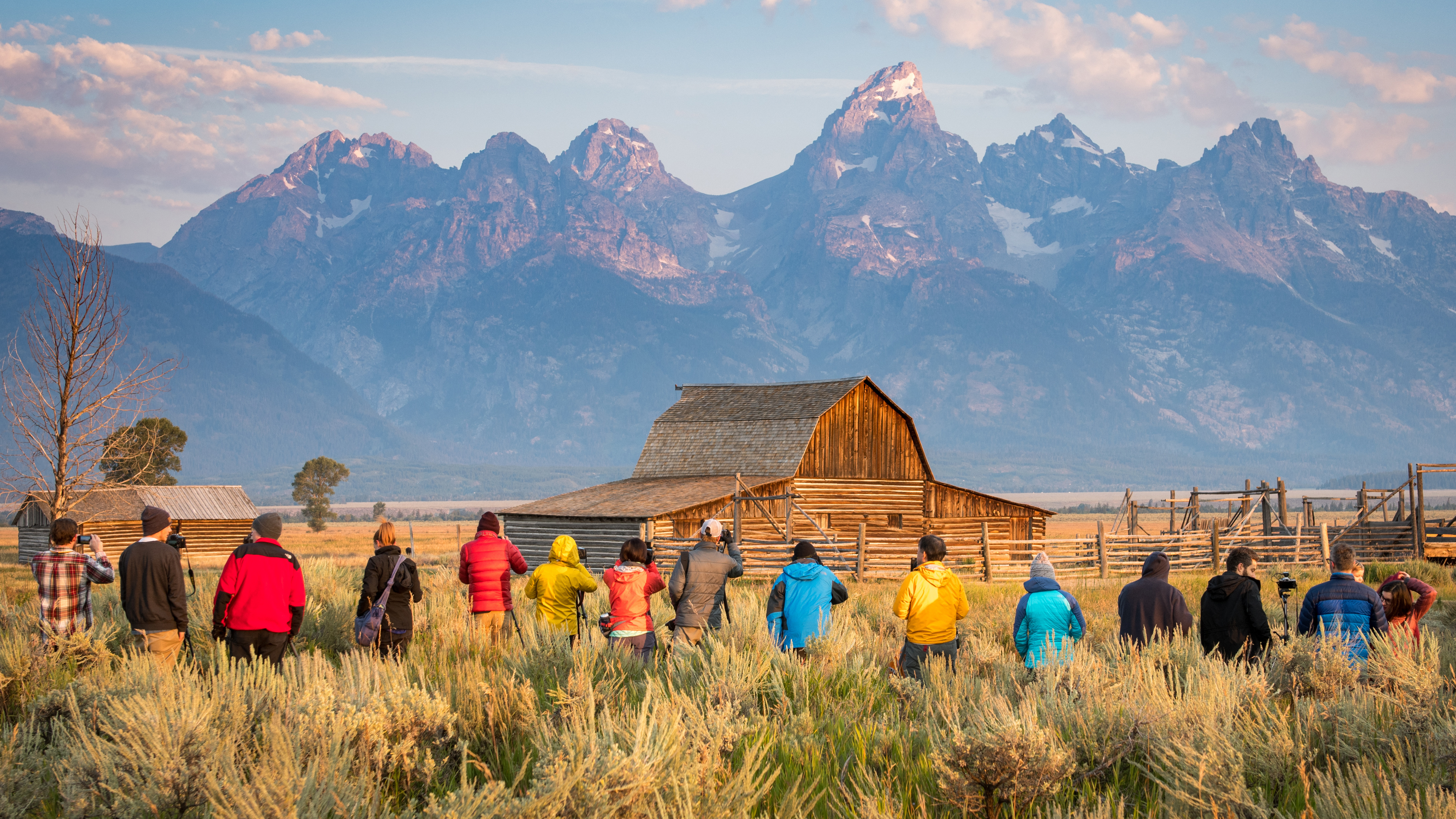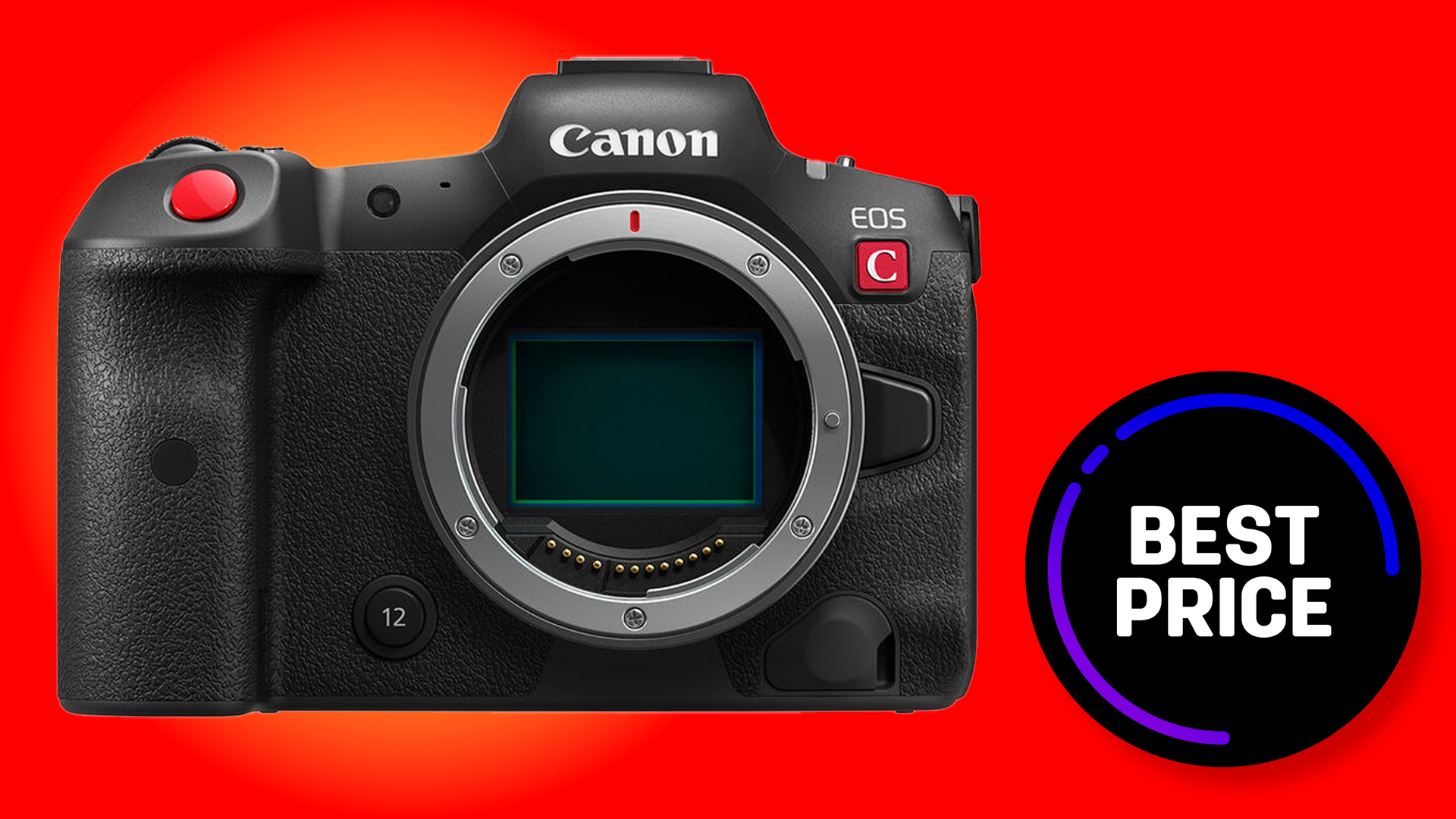Does requiring permits to film in public places violate the first amendment? Courts could decide after filmmakers sue National Park Service
Two filmmakers proceeded to film anyways after a permit was denied, now they are suing the National Park Service

Two filmmakers and two nonprofit organizations say that requiring permits for commercial filmmakers working in public areas violates first amendment rights, according to a civil complaint filed this week against the National Park Service and Grand Tetons National Park. In a civil rights violation complaint filed in the US District Court for the District of Wyoming, plaintiffs Alexander Rienzie and Connor Burkesmith, supported by the National Press Photographers Association (NPPA) and the Foundation for Individual Rights and Expression (FIRE), claim that federal permit and fee requirements for national parks restrict First Amendment rights.
The case stems from an incident in August of 2024 where Rienzie and Burkesmith applied for a permit to film an attempt to break a climbing record in Grand Teton National Park. According to the lawsuit, the permit was declined and the permit fee not returned despite applying weeks in advance and “using equipment no more intrusive than a typical park tourist’s gear.”
After the permit was denied, the filmmakers decided to document the climbing attempt anyways. The lawsuit claims that the filmmakers “face an ongoing threat of criminal prosecution” while also preventing them from using the footage.
The complaint alleges that the National Park Service’s permit and free requirements restrict First Amendment rights, do not serve a "legitimate government purpose,” and “deprive Americans of the right to engage in these expressive activities.”
A law passed by Congress in 2000 allows the Secretary of the Interior to require a permit for commercial filming on public lands, which includes national parks. Violators may be fined fees and up to six months in jail. The law, according to the complaint, doesn’t include still photography unless the photographer needs to access an area off-limits to the public; requires models, sets, or props; or would conflict with park visitors or resources. Journalists are also typically excluded from the permit process.
But, according to the complaint, the permit is still required even when using a handheld camera, GoPro, or iPhone, leading the plaintiffs to claim that the permits and fees aren’t based on any potential impact on the parks or other visitors. A tourist using the same gear wouldn’t be subject to the fees and permits, the complaint says, while a photographer could take stills but switching the same camera to video mode for a commercial film would require permits and fees. The complaint calls the permitting process "cumbersome and arbitrary,” and notes that the permits can be denied “for arbitrary and unpredictable reasons.”
“If a tourist, a reporter, and a documentary filmmaker each filmed the same vista or event in a national park using the same equipment, only the filmmaker would be required to obtain a permit and pay a fee, if their purpose were deemed to be ‘commercial’ and not ‘news-gathering,’” the filed complaint reads.
Get the Digital Camera World Newsletter
The best camera deals, reviews, product advice, and unmissable photography news, direct to your inbox!
The plaintiffs also claim that the law does not provide a time limit for park officials deciding whether or not to issue a permit and it doesn’t offer a way to review when a permit is denied.
The case also notes that the permit – $325 in the August 2024 incident – is non-refundable even if the park service denies the application. The complaint calls the permit fees a “tax on constitutionally protected expressive activity.”
Robert Corn-Revere, one of the attorneys for the filmmakers, said that “If you have a right to be there, you have a right to film there.”
In a statement, the NPPA noted it has worked on similar issues, including a 2018 case after a filmmaker was cited for working without a permit in a national park. In that case, a court of appeals called filmmaking a “non-communicative step” that wasn’t entitled to the same protections as speech.
“NPPA believes that the First Amendment protects the right to record and take pictures in places where the public is allowed in national parks,” the organization wrote in a statement. “Its position has long been that the need for permits should be based on whether or not the activity will have an impact on the park by interfering with visitors [sic] use and enjoyment of the land or by potentially damaging the natural resources.”
The complaint asks the courts to declare that photography and videography in national parks and other federal lands are protected under the First Amendment and declare that the permit and fee requirements are unconstitutional. The plaintiffs are requesting a jury trial.
You may also like
Read more with the best cinema cameras or the top national parks for landscape photographers to visit.

With more than a decade of experience reviewing and writing about cameras and technology, Hillary K. Grigonis leads the US coverage for Digital Camera World. Her work has appeared in Business Insider, Digital Trends, Pocket-lint, Rangefinder, The Phoblographer and more.
